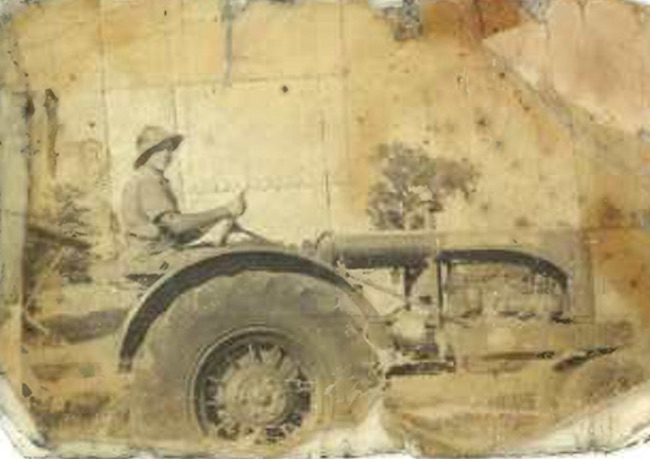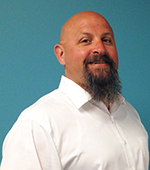
Most farmers are happy to leave land as a legacy to their kin. They cleared the ground, built the barns, and raised hundreds of generations of animals to benefit their own offspring.
But what if there is an opportunity to leave more than just the land and resources? Would you do it?
What if I told you it was through Facebook? Or a blog? Or YouTube?
You’d probably laugh at me.
And that’s okay — I’ve been laughed at before — but the digital presence you create for your farm and yourself is going to last a lot longer than anything else you’ve left behind.
I’ll give you two good reasons why Facebook can be an amazing part of your legacy.
The first is straightforward. If your farm has a presence online, then your urban consumers can see how you are caring for your animals and producing their food. They will be less likely to believe the propaganda and fake news produced by extremists. The more farmers who talk online, engage in good conversations, and share their lifestyle, the better chance you have at protecting your freedom to farm. This is an immediate need of the industry since there are so few farmers left. Your voice is powerful and trusted.
But I think the second reason is more important and that is you have an opportunity to reach and teach your family’s future generation of farmers and those who will never step foot on your land.
The posts you write and the photos and videos you take are going to be in the digital system forever (Facebook isn’t going to die in five, 10, or 100 years). The internet will never cease to operate. It isn’t like the photo albums of the past that get lost in closets, basements, and attics. These are online digital bytes that will forever be connected to your legacy.
When you are gone, your family and others will look back through these social networks to see what you produced and devour it.
For instance, I wish my grandpa had Facebook, Twitter, or something that allowed him to record his thoughts on as he built my grandparents’ modest home on 200 acres by hand. I can only imagine how he felt when he raised those barns with his brothers. I would so love to know what he thought about while he planted the fields with his old Ford 900 with no power steering while dragging a two-row corn planter through the hilly fields of Missouri.
He’s been gone almost 20 years and I still miss him greatly. All I have are a few pictures and a couple videos of him. The advice, knowledge, and discipline he gave me are just memories that I thought would stay fresh forever, but it fades with time.
You may not think it, but we are truly blessed to be the first generation to have a substantial digital life — posts, pictures, videos, and soon to be 3-D, 360, and virtual reality. Facebook recently notified me that I joined its community 10 years ago. There’s a lot of my history online.
My great-grandkids, who I probably will never meet, will be able to read a lot about me. I wish my son had that from his great-grandfather — the hard working, tough, and thoughtful German farmer I worshipped as a child. I cherish the fact that I got to spend time with him (so much that people called me his shadow).
If he had a digital life, I would go back very often to see it. I would get to relive the farm where I worked with him during my youth from my Chicago office. I bet you would, too, if you had a similar opportunity.
So, yes, you can look at social media as another daily chore. You might feel that putting posts on Facebook from our Undeniably Dairy campaign or sharing your modern animal care practices so your urban customers can see all the good work you do is a pain in the butt.
Or, you could see it as an opportunity to communicate with your future kin — to share your farm life and all of its ups and downs with people you will never meet. However, they will honor it by reading it, learning from it, and knowing the roots they came from.
If you think about it, your urban customers have kin who were most likely farmers — and if they could go back and see their agricultural roots, they might think differently about how you farm now — knowing what their great-great-grandparents experienced.
If you need help getting started with social media or building a farm website, please reach out to your local state and regional checkoff. Or, I’m happy to assist. Just hit me up at don.schindler@dairy.org.
This is your chance to create a legacy for generations to come. The tools are in place to start recording your history now.









